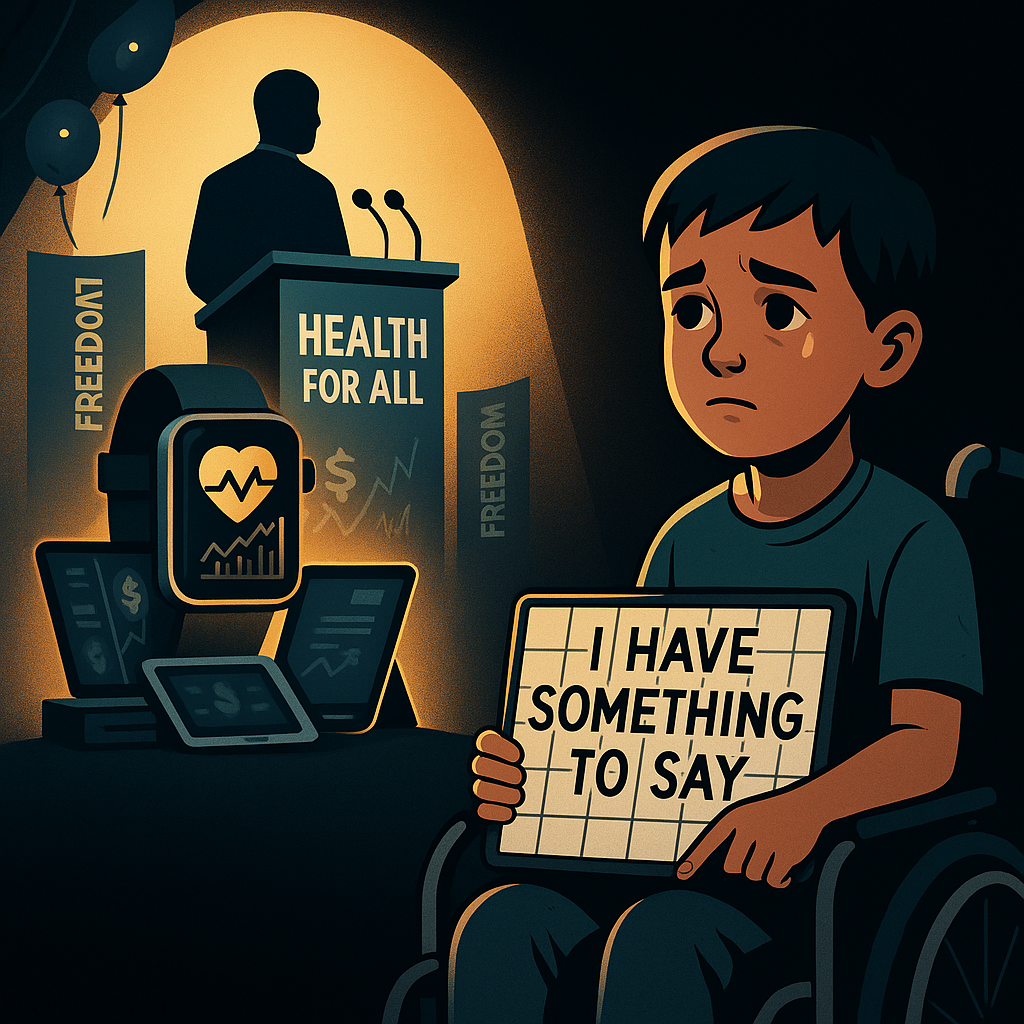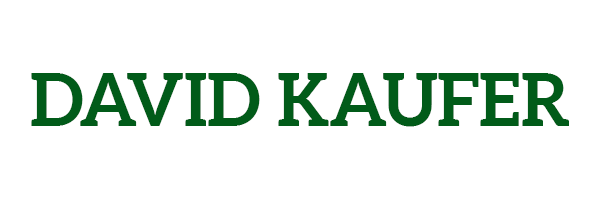Field Dispatch #002 – July 2025
The Silence That Hurts: RFK Jr., S2C, and the Cost of Inaction
I’ve been asked more than once—“Don’t you know he’s on our side?”
After writing about RFK Jr., I’ve had parents of autistic kids reach out with some version of:
“Don’t you know he’s actually on our side?”
Or:
“He’s just misunderstood like our kids are.”
Even earlier this week, someone tried to defend him – telling me RFK Jr. supports Spelling to Communicate (S2C) and other non-traditional communication methods for non-speaking autistic people.
So I decided to check.
Because I couldn’t recall a single public statement from him supporting S2C, RPM, or AAC tools. And given his profile – and his habit of positioning himself as a champion for the “ignored and misunderstood” – surely he would’ve said something by now.
So I used Perplexity, a platform widely regarded as the gold standard in AI-powered research.
And what did it turn up?
Nothing.
No public support.
No policy guidance.
No funding commitment.
Not one word.

Why not?
It’s not because he doesn’t know.
I’ve seen the photos – RFK Jr. surrounded by parents of non-speaking autistic kids. He’s heard their stories. He understands the barriers. He has access to the data.
So what explains the silence?
Maybe he just doesn’t care enough to act.
Maybe he doesn’t see political advantage in lifting up a community that can’t amplify itself through traditional speech.
Maybe he doesn’t believe it matters.
Because let’s be clear – there is no ambiguity here.
This is a health equity issue.
- One non-speaker was able to communicate cancer symptoms and was diagnosed early – because he had access to S2C.
- My own son, Stone, was able to tell me he was in pain – resulting in a confirmed ear infection.
These aren’t edge cases.
These are just two examples of why communication access matters.
And RFK Jr.?
He hasn’t said a word about non-speakers, other thant in context of an Autism “epidemic”.
“Health for all,” they said – while the most important voices were left in the dark.
Why does this matter?
Because RFK Jr. is not just an individual.
He’s part of a larger Trump-era authoritarian pattern—and the silence is not accidental.
The Authoritarian Playbook
1. Declare a problem.
“The system is broken.”
“The experts are lying.”
“You’ve been abandoned.”
2. Claim savior status.
“Only I can fix it.”
“I’m not like the others.”
“I speak for the silenced.”
3. Exploit pain—without changing systems.
Tokenize marginalized groups without offering real support.
Spotlight problems, but avoid investing in solutions.
4. Replace care with control.
Promote surveillance, data tracking, and privatized access over public investment.
Prioritize devices and platforms over people.
5. Perform inclusion. Silence dissent.
Surround yourself with those who validate your image.
Ignore, discredit, or deflect when confronted with lived experience that doesn’t serve your narrative.
RFK Jr. fits this mold – flawlessly.
It’s not that RFK Jr. is unaware of S2C.
One of his most visible supporters in the non-speaking community is JB Handley, the father of one of the most well-known cognitive communicators in the country. His book Underestimated helped ignite a communication revolution – and was what led our family to unlocking our own son.
And yet – not once has RFK Jr. echoed this truth publicly.
Not once has he used his massive platform to say:
“These kids are in there. They’re intelligent. Let’s listen.”
He could’ve said it years ago. He could’ve said it six months ago.
He could say it today.
But he hasn’t. And I’m betting he won’t.
Because promoting the promise of non-speakers doesn’t serve his optics.
What this silence reveals
RFK Jr. brands himself as a renegade truth-teller.
But when it comes to one of the most misunderstood, dehumanized, and ignored communities in the country –
he’s literally done and said nothing.
And in a regime built on performance, loyalty, and distraction, silence is a form of alignment.
Why This Dispatch Matters
This isn’t about personality.
It’s about policy.
It’s about access.
It’s about whether the people most at risk of being erased will ever be prioritized by those in power.
Non-speakers have something to say.
The question is—who’s listening?
